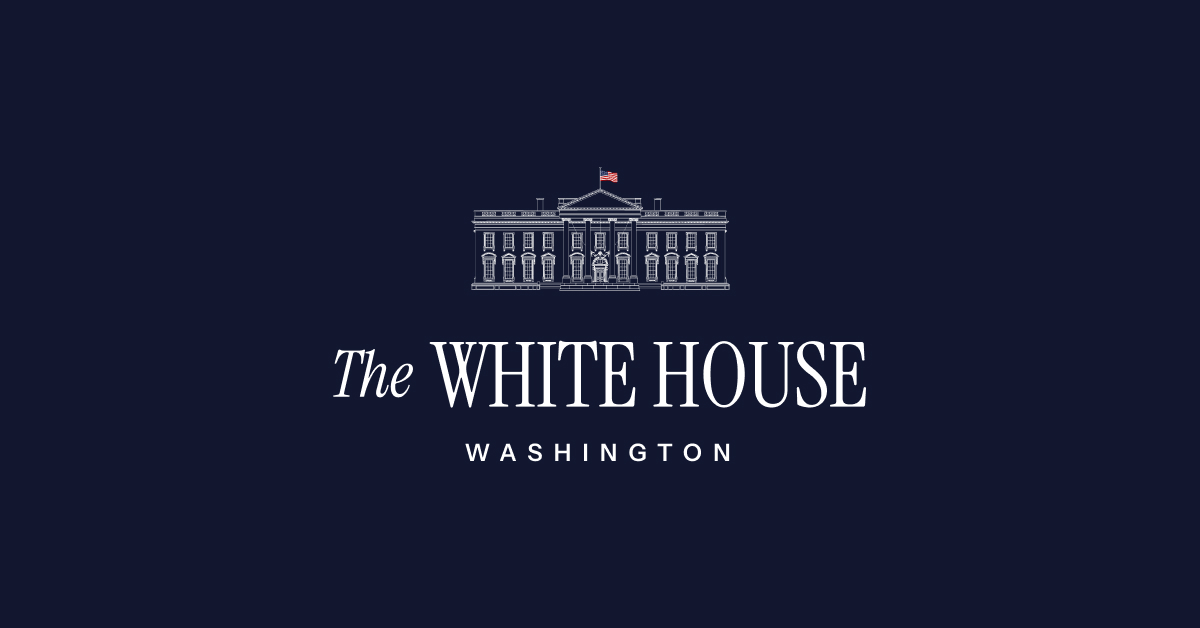
INCENTIVIZING DOMESTIC AUTO PRODUCTION: Today, President Donald J. Trump signed a proclamation to protect national security by incentivizing domestic automobile production and reducing American reliance on imports of foreign automobiles and their parts.
- The proclamation modifies the tariff action on automobiles and automobile parts by encouraging manufacturers to assemble their automobiles in the U.S., thereby reducing American reliance on foreign imports of automobiles and automobile parts.
- It offers an offset to a portion of tariffs for automobile parts used in U.S.-assembled vehicles equal to 3.75% of the Manufacturer’s Suggested Retail Price (MSRP) of a manufacturer’s U.S. production for the next year (April 3, 2025 to April 30, 2026), and 2.5% of U.S. production the year after (May 1, 2026 to April 30, 2027).
- These percentages reflect the duty that would be owed when a 25% duty is applied to 15% of the value of a U.S.-assembled automobile in the first year, and to 10% of the value of a U.S.-assembled automobile in the second year.
- All other automobile imports will still be subject to the 25% tariff.
- For instance, if a manufacturer builds a car in the U.S. that has 85% U.S. or USMCA content, the manufacturer effectively will not owe tariffs on that vehicle’s production for the first year.
- If a manufacturer builds a car in the U.S. that is 50% U.S. or USMCA content and 50% imported from elsewhere, then instead of paying the tariff on the full 50% of the imported car parts, the manufacturer effectively only pays on 35% for the first year.
- The proclamation sets strict penalties for importers who claim tariff reduction in excess of approved amounts.
- This modified action will more effectively address the threat to national security by reducing reliance on foreign manufacturing, strengthening U.S. vehicle assembly operations, boosting domestic R&D, and creating American jobs, all of which are essential to a strong defense industrial base.
MAINTAINING A RESILIENT DOMESTIC INDUSTRIAL BASE: President Trump is taking further action to ensure the U.S. can sustain its domestic industrial base and meet national-security needs.
- The COVID-19 pandemic exposed critical vulnerabilities and choke points in global supply chains, undermining our ability to maintain a resilient domestic industrial base.
- Legislation, pre-existing trade agreements like the USMCA, revisions to the U.S.-Korea Free Trade Agreement, and subsequent negotiations have not sufficiently mitigated the threat to national security posed by imports of automobiles and certain automobile parts.
- Foreign automobile industries, bolstered by unfair subsidies and aggressive industrial policies, have expanded, while U.S. production has stagnated.
- In 1985, American-owned facilities in the United States manufactured 11.0 million automobiles, representing 97% of overall domestic (American- and foreign-owned) production of automobiles.
- In 2024, Americans bought approximately 16 million cars, SUVs, and light trucks, and 50% of these vehicles were imports (8 million).
- Of the other 8 million vehicles assembled in America and not imported, the average domestic content is conservatively estimated at only 50% and is likely closer to 40%.
- Therefore, of the 16 million cars bought by Americans, only 25% of the vehicle content can be categorized as Made in America.
- The United States trade deficit in automobile parts reached $93.5 billion in 2024.
- Currently, the U.S. automobile and automobile parts industry (American-owned and foreign-owned firms) employs approximately one million U.S. workers.
- Employment in automotive parts manufacturing totaled approximately 553,300 jobs in 2024, a decline of 286,000 jobs or 34% since 2000.
- In 2023, Research and Development (R&D) by American-owned automobile manufacturers amounted to only 16% of global R&D spending. R&D by American-owned firms lagged behind the EU, which controlled 53% of global R&D.
